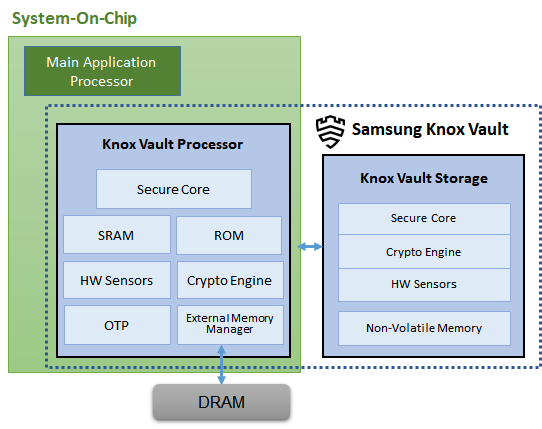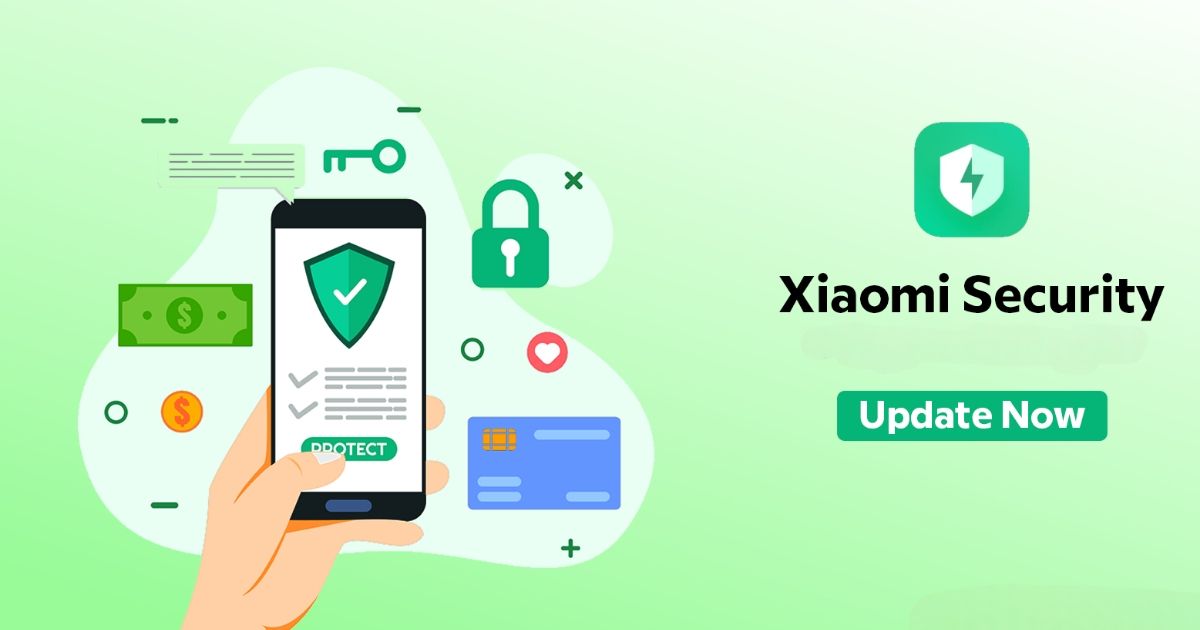
In an era where smartphones hold the keys to our personal and professional lives, the importance of robust security measures cannot be ignored. To protect user data in smartphones, most phone makers now include system-level security in the operating system, such as Samsung Knox, Mi Security, Realme Phone Manager, Apple Data Protection, and many more.
In this MSP Explained edition, let’s understand the mobile security features all major smartphone manufacturers offer.
Samsung Knox Security
Samsung Knox Security is a proprietary security system for Samsung smartphones, which uses a combination of hardware and software to encrypt your device securely. It protects the phone from malware and viruses and also prevents data from getting stolen if you misplace it.
The software component of Samsung Knox uses Samsung’s secured operating system that is kept separate from the main Android OS. This ensures that Android vulnerabilities do not affect the safety of your Samsung phone. Using this secured OS, Knox offers the following features:
- Trusted Boot: Ensures that the device boots up securely, offering protection against unauthorized software modifications. If the system detects tampering with the device bootloader, the phone will not boot.
- Real-time Kernel Protection (RKP): Monitors the kernel for unauthorized access attempts and blocks malicious activity. This prevents the device from external USB-based attacks, which are often used by robbers after stealing a phone.
- Hardware-based Encryption: Protects data at rest with encryption keys stored in a secure hardware environment. Hackers won’t be able to retrieve the phone’s data even after physically accessing the storage chip.
- Secure Folder: This feature creates a separate encrypted space on your Samsung phone where you can store your private files, images, videos, documents, and even applications. It also allows you to create a copy of the same app on your device, where you can use one version for regular work and keep the other version secured for private usage.

In addition to these software-based features, Knox also uses a dedicated hardware component called Knox Vault. This is a separate processor on your phone to store sensitive information such as passwords, biometric data, payment information from Samsung Pay, and other private info. The Knox Vault is kept isolated from other phone parts such as the CPU and RAM. This makes it difficult for the hacker to breach this section of the device when it is attacked.
All modern Samsung Galaxy smartphones come equipped with Samsung Knox Security. Knox has more than 60 certifications for data safety in various countries such as the United States, Canada, Germany, Australia, France, and many more. It makes Samsung devices one of the most secure Android smartphones in the market.
Apple Device Protection (Platform Security)
Apple is known for its robust software security across iOS, iPad OS, and macOS. Much like Samsung, Apple also uses hardware and software to encrypt data on iPhones and iPads. The company uses a dedicated hardware chip called Secure Enclave kept isolated from the main processor.
This chip protects all the data stored on the device from external attacks. It also features its own AES (Advanced Encryption Standard) engine. Apple calls this functionality Platform Security, and it is present on all iPhones, iPads, and other devices since 2013.
Apple’s devices, mainly the iPhone and the iPad also have secure boot. It prevents hackers from making any OS-level changes in the software. While it’s possible to change the software of Android devices (including Samsung) with a custom ROM, the same cannot be done with Apple devices, which makes them one of the safest and most secure smartphones.
Mi Security
The Mi Security app, also known as MIUI Security, is a software-based protection and maintenance tool developed by Xiaomi for its phones, and it is also available on Redmi and POCO devices. It offers a wide range of features for device protection, performance optimisation, and enhanced privacy.
The Mi Security app comes with a virus scanner that detects malicious and potentially harmful files and apps on your phone. It also offers features like app lock, storage cleaning, second space, privacy management tools, and anti-theft features linked to your Mi Account.
Since Xiaomi has replaced MIUI with HyperOS, some of these features have been rebranded and enhanced as HyperOS Security. The functionality of these safety features remains the same. However, Xiaomi’s approach to device safety is completely software dependent without any additional hardware.

Realme Phone Manager
Realme’s Phone Manager serves as a powerful safety dashboard for Realme devices. It allows you to check for the permission list of all apps, along with their storage access. It also protects the phone from viruses and malware. However, it does not offer any device-level encryption features.
Instead, Realme phones use the default Google safety system, which prevents data theft after a factory reset. These security features are linked to your Google (Gmail) account and are available on all Android phones.
Realme’s devices offer basic safety features that restrict users from taking screenshots and screen recordings in payment apps while entering a password and other sensitive tasks. Apart from these features, Realme smartphones have a typical Android-secured locked bootloader but lack OEM-specific encryptions.
Security Solution in Other Smartphone Brands
Most smartphone manufacturers now include security features in their software. Motorola devices come with Moto Secure, OnePlus has Privacy Password, Vivo has Privacy and App Encryption in Funtouch OS, and so on. However, the features of these systems are limited to functionalities like app locking, creating private folders, and hiding files.
When compared to Apple and Samsung, the security apps of other OEMs lack device-level encryption. They rely on Android’s standard protection features, which are built in the AOSP (Android Open Source Project) and maintained by Google.
Are Mobile Security Systems Effective?
As smartphones have become an integral part of our lives, they store a lot of private information. They also have financial data from banking and UPI apps, which can harm the finances if the device is stolen. Security features like Samsung Knox, Apple Platform Security, and others prevent hackers from breaching inside your phone.
However, if you don’t have a Samsung or an Apple device, you are still protected with Google’s factory reset protection features, present on all Android phones. As long as you use a lock screen password and do not tamper with your phone’s software by unlocking its bootloader, installing custom ROMs etc, your device will likely remain safe.
These additional safety features like Samsung Knox and Apple Platform Security add a new protection layer for your phone. In simple words, mobile security systems are highly effective.













